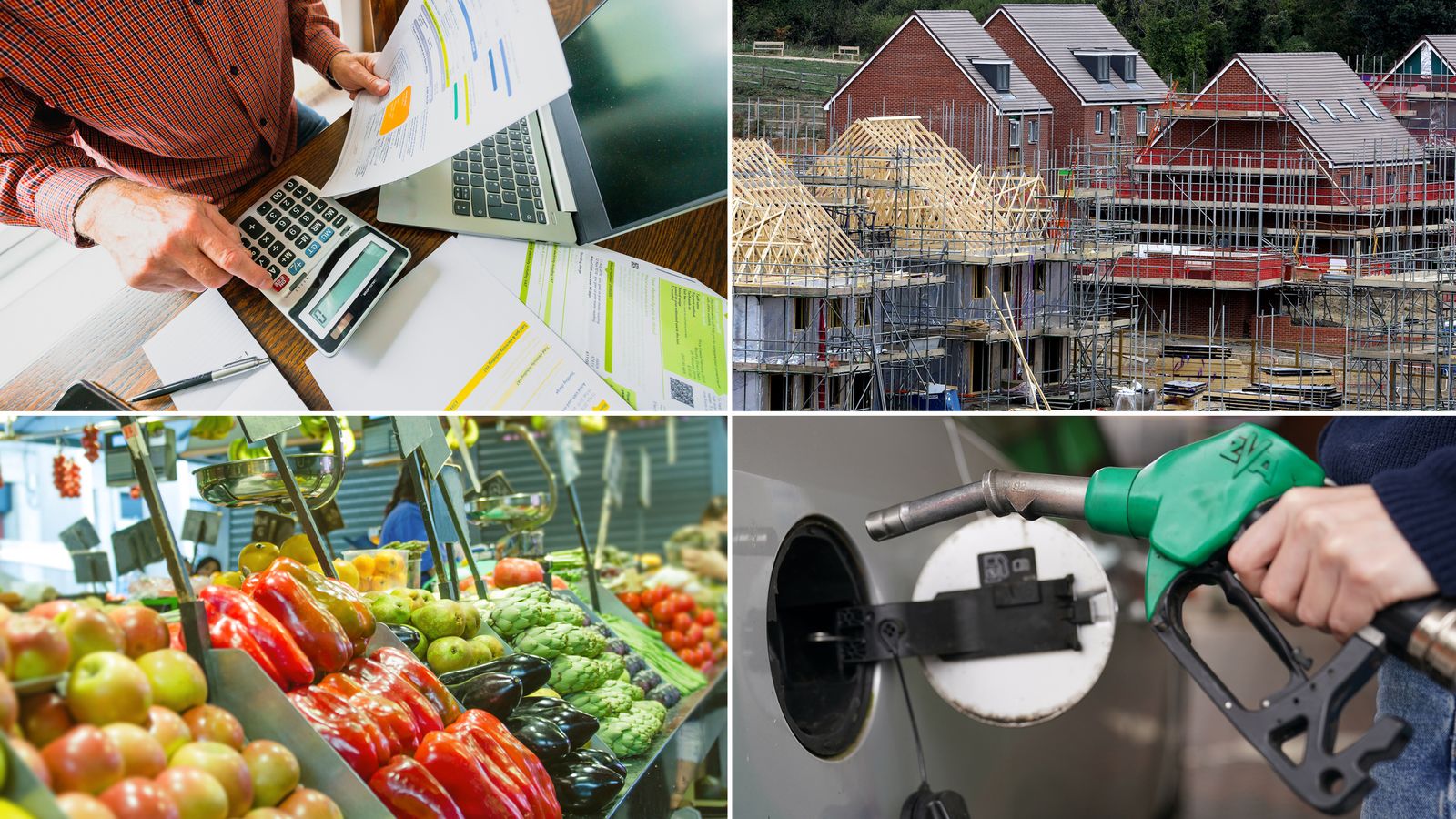Government borrowing is at its highest since the pandemic due to public sector pay rises and the high cost of borrowing, official figures show.
Last month had the third highest September borrowing on record, coming only behind 2020 and 2021, according to data from the Office for National Statistics (ONS).
While more money came in from tax, it was outweighed by increased spending which the ONS said was partly due to higher interest rates on the debt and public sector pay rises.
But the gap between what the government took in and what it spent was less than expected.
Economists polled by the Reuters news agency had anticipated public sector borrowing could have reached £17.5bn but was in fact £16.6bn. The sum excludes borrowing conducted by public sector banks.
Public sector workers including teachers and junior doctors have accepted pay rises since Labour entered government in July.
What are the government saying?
The chief secretary to the Treasury Darren Jones defended the pay rises by saying strikes would cost the economy more.
“Strikes cost at least £3bn last year, so it was the right thing to do to end those damaging disputes,” he said.
“We have inherited a £22bn black hole in the country’s public finances, including no plan to fund pay deals for millions of public sector workers… Resolving this blackhole at the budget next week will require difficult decisions to fix the foundations of our economy and begin delivering on the promise of change.”
This breaking news story is being updated and more details will be published shortly.
Please refresh the page for the fullest version.
You can receive breaking news alerts on a smartphone or tablet via the Sky News app. You can also follow @SkyNews on X or subscribe to our YouTube channel to keep up with the latest news.







